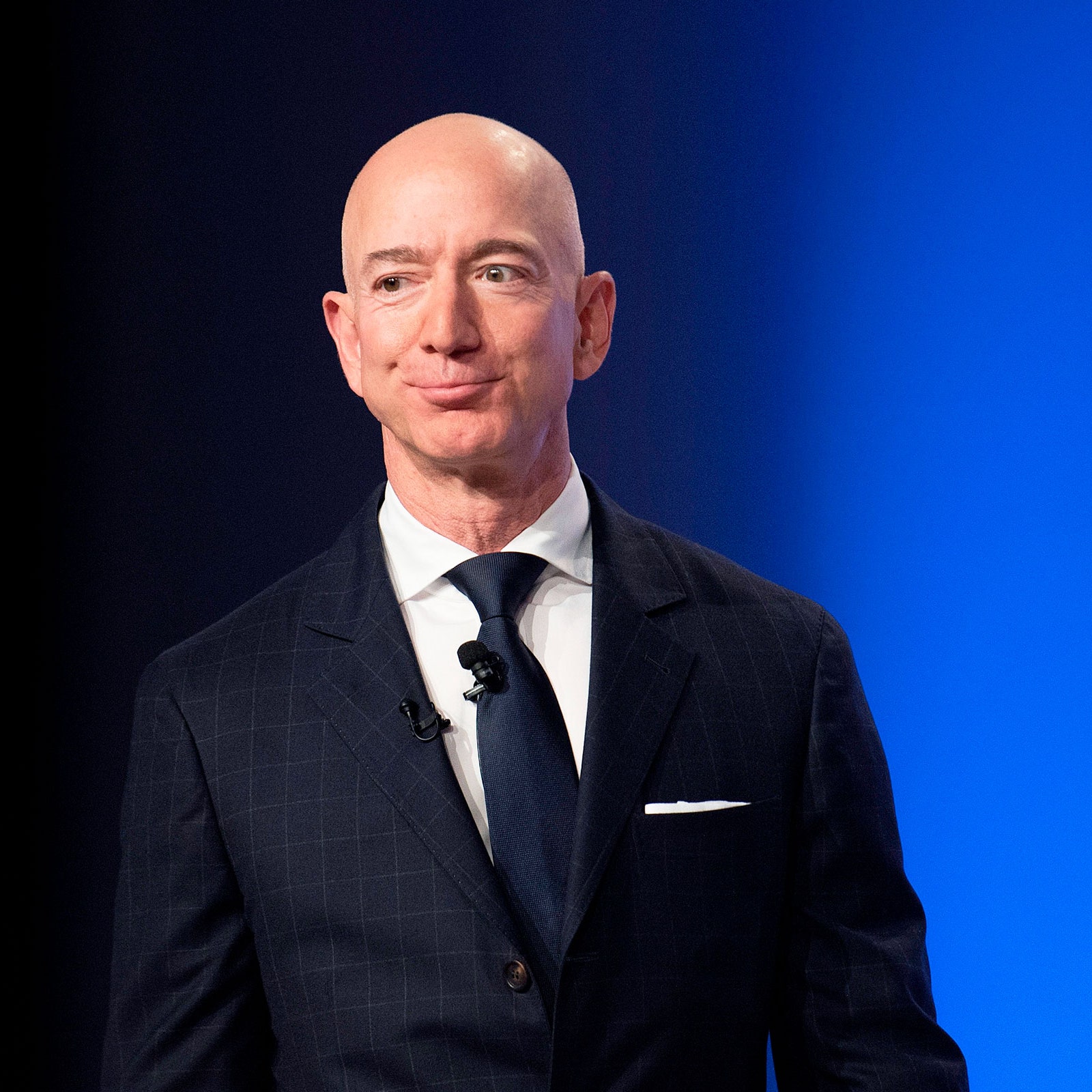Table of Contents
Company CEO
When a company’s CEO sells some of their stock, it’s always a fascinating story. Alarm bells start to sound, and many investors begin to question what’s going on behind the scenes.
We saw when Jeff Bezos opted to sell $3.4 billion worth of Amazon stock only weeks before the COVID-19 epidemic was publicly confirmed, resulting in a massive market meltdown. Bezos, it appears, was more aware of the virus’s hazards than many major lawmakers.
It’s common knowledge that a CEO selling their own stock is a bad thing, so you might be wondering why Tesla CEO Elon Musk is so eager to let everyone know that he’s continuing to sell his stake in the electric vehicle manufacturer.
Musk has sold nearly $10 billion of Tesla stock in 2021 alone, following a $1 billion sell-off in November, and it’s no surprise that potential investors are nervous. Those who already own Tesla stock will be thrilled, since the stock’s value has risen to a new high of $1,213 as a result of Musk’s selling, which is an annual high.
This isn’t necessarily an indication that Musk wants out of Tesla; he owns more than 169 million shares, and he revealed that the fire sale was partly motivated by a desire to reduce his tax payments.
However, the question remains: should investors be concerned when an entrepreneur starts selling his or her company’s stock?
The Game of Numbers
One of the drawbacks of stock trading and investing is the lack of certainty. You could make a profit or a loss – there is no way of knowing how the markets and companies will perform.
Everyone would be down at the lake if stock trading was some kind of golden goose producing golden eggs. It’s difficult to trade stocks and assets, which is why many people would rather buy a lottery ticket. Yes, your chances of winning are slim to none, but there’s always the possibility of a ‘but what if?’ scenario. When it comes to stock investment, you rarely get that endorphin rush because you’re always afraid the market will swing against you.
Major shareholders in a company can move the market when they sell, and that’s what happened when Musk sold his latest batch of Tesla tickets – from a value of $1,222 on November 5, the stock plummeted to $1,023 just four days later when it was revealed that he was selling up – a major financial hit for both recreational and institutional investors.
When the market is swamped with excess of anything — in this case, Tesla stock – and demand remains constant, the price will fall proportionally, according to supply and demand principles. This is why significant stock market declines are bad news for stockholders in the short and long term.

Bailout buyback
A stock repurchase is, in theory, a good thing.
It usually means that a corporation, trusting in its own potential for growth and success, will invest in its own stock at X in the hopes of selling it at Y, generating additional money for the company.
Because it’s a reinvestment plan that provides present shareholders a bigger ownership in the company, traders outside the company may see a repurchase as a positive indicator.
However, it should not always be viewed in this light. A coordinated buyback that artificially inflates the company’s share value can be carried out in order to acquire rapid investment from the trading floor. The reason for this could be that the company is experiencing cash flow issues – not always, but the indications are there on occasion.
Consider a scenario in which a company repurchase is followed by individual shareholders selling a portion of their stock. What could be the driving force behind this?
Click To Join Our WhatsApp Group Chat
As we’ve seen, the repurchase method is used to artificially raise stock prices by creating a scarcity of shares in the market. If a CEO, director, or other board member sells their stock at a higher price to lock in a profit, it’s a sign that they’re more concerned with their own riches than the company’s financial stability. This does not inspire confidence in the minds of investors.
Knowing what the aims are when a buyback plan is formed is crucial for traders. Perhaps the primary goal of a company’s top executives is to maximize shareholder returns – after all, that should be one of their main goals.
READ ALSO: ELON MUSK’S NET-WORTH
Looking on the bright side
It’s important to note that many high-profile business leaders will want to spread their risk by diversifying their portfolios – investing in other companies and industries that they believe have a promising future.
To do so, they may sell part of their own firm stock to free up capital to invest elsewhere — this is a common occurrence that is usually unproblematic.
It’s important to note that many high-profile business leaders will want to spread their risk by diversifying their portfolios – investing in other companies and industries that they believe have a promising future.
To do so, they may sell part of their own firm stock to free up capital to invest elsewhere — this is a common occurrence that is usually unproblematic.
Even extremely affluent persons, such as Musk, must free up capital when faced with a large tax obligation – he revealed his plans to sell ahead of time.
Imagine a situation where a company’s CEO goes out and buys a large amount of the company’s stock. What are they trying to achieve with this? Is it for a specific reason that they intentionally inflate the price? It’s incredible to imagine that investors are anxious on both ends of the spectrum.









Comments 1